
Education is a crucial aspect of personal growth and development. It provides individuals with knowledge, skills, and experiences that help them navigate the world around them. Education can take many forms, including formal schooling, online courses, workshops, and self-directed learning. Its benefits are numerous, including improved job prospects, increased earning potential, and a greater understanding of the world and its complexities. It helps individuals develop critical thinking, problem-solving, and communication skills, which are essential for success in both personal and professional endeavors.
Communication is the ability to convey information, ideas, and emotions clearly and accurately to others. It involves not only speaking but also listening, understanding, and responding in an appropriate manner. It can take many forms, including verbal, written, and nonverbal forms. It is an essential skill in personal and professional contexts, as it can enhance relationships, facilitate teamwork, and promote success.
Communication is also an integral part of human interaction that influences every aspect of personal, professional, and societal development. It is inextricably intertwined with education, the ability to communicate proficiently shapes individuals into informed citizens, skilled professionals, and empathetic leaders.
As technology evolves and globalization reshapes our world, the importance of fostering effective communication skills within educational frameworks becomes increasingly evident.
Education Empowers Individuals with Critical Skills.
Education serves as the bedrock upon which effective communication skills are built. Beginning from the early years of schooling, students are introduced to language, literacy, and numeracy which are the fundamental tools of communication. As the students progress through their educational journey, they are further exposed to diverse forms of expression, including verbal, written, and nonverbal communication forms.
Moreover, education offers opportunities for students to engage in debates, presentations, and collaborative projects that help to hone their ability to listen actively, empathize with others, articulate ideas, perspectives, and perceptions. These experiences foster critical thinking, creativity, and adaptability skills which are essential qualities for effective communication in an ever-changing world.
Education Bridges Cultures and Perspectives.
In today’s interconnected world, effective communication transcends linguistic and cultural barriers. Education is pivotal in promoting intercultural understanding and empathy, preparing individuals to communicate respectfully and sensitively across diverse contexts.
Through multicultural education initiatives, students gain insights into different worldviews, traditions, and communication styles. By fostering cultural competence, education equips individuals with the relevant skills to navigate complex global interactions, fostering collaboration and cooperation on a global scale.
Educational Paradigms Must Evolve to Reflect the Current Day Expectations.
As the demands of the 21st-century workforce evolve, so too must the educational paradigms. Employers increasingly value candidates who possess strong communication skills, alongside technical expertise. Therefore, educational institutions and educators must adapt to equip students with the multifaceted skills required for effective communication and success in this digital age.
This entails intentionally integrating communication skills development across disciplines, incorporating technology-enhanced learning tools, and emphasizing real-world application. By blending traditional pedagogy with innovative teaching methods, educators can empower students to communicate effectively in diverse professional settings, boardrooms, or virtual environments. This will enable them to pitch ideas articulately, make winning presentations, network or make meaningful connections, and collaborate effectively.
Education Amplifies the Voice.
Education catalyzes social change and empowers individuals with the necessary viewpoints to confidently challenge stereotypes, and the status quo while advocating for justice using the power of their voice. Effective communication lies at the heart of these endeavors, enabling stories to be shared and perspectives to be understood as intended.
Education equips students with skills to confront prejudice and discrimination as students are taught how to critically analyze media representations and engage in constructive dialogue which fosters a more equitable society.
Education and communication skills are symbiotically linked, each reinforces and enriches the other. As our society grapples with different complexities, from climate change to social inequalities, the role of education in nurturing proficient communicators has never been more vital!
Consequently, prioritizing the development of communication skills within educational frameworks must become a norm in our curricula. In doing this, we empower individuals to navigate an increasingly interconnected world with confidence, empathy, and resilience.
Through intentional and strategic collaboration between educators, policymakers, and stakeholders, we can ensure that education continues to serve as a transformative force, equipping future generations with the tools they need to thrive and contribute meaningfully to our society.
____________


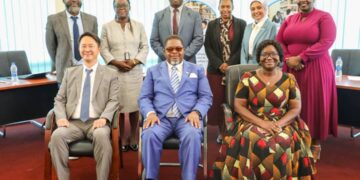


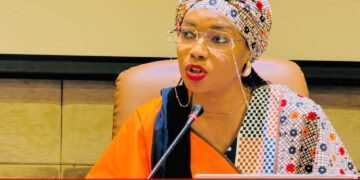

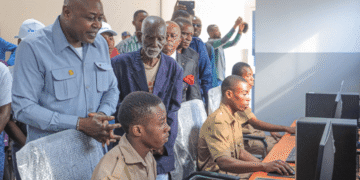


















































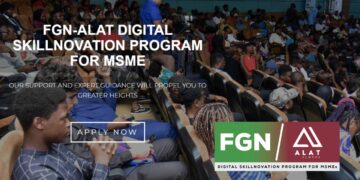
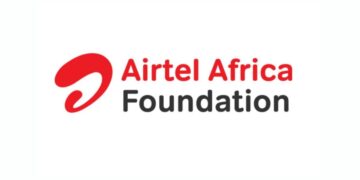
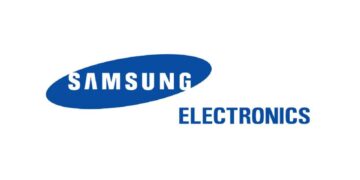








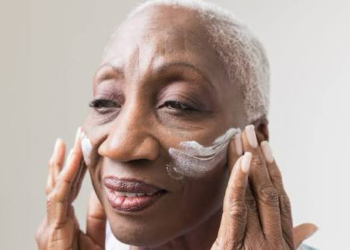

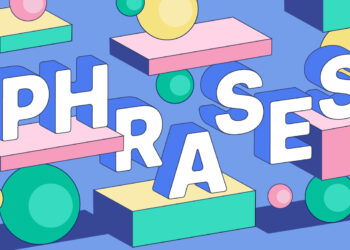











 EduTimes Africa, a product of Education Times Africa, is a magazine publication that aims to lend its support to close the yawning gap in Africa's educational development.
EduTimes Africa, a product of Education Times Africa, is a magazine publication that aims to lend its support to close the yawning gap in Africa's educational development.

